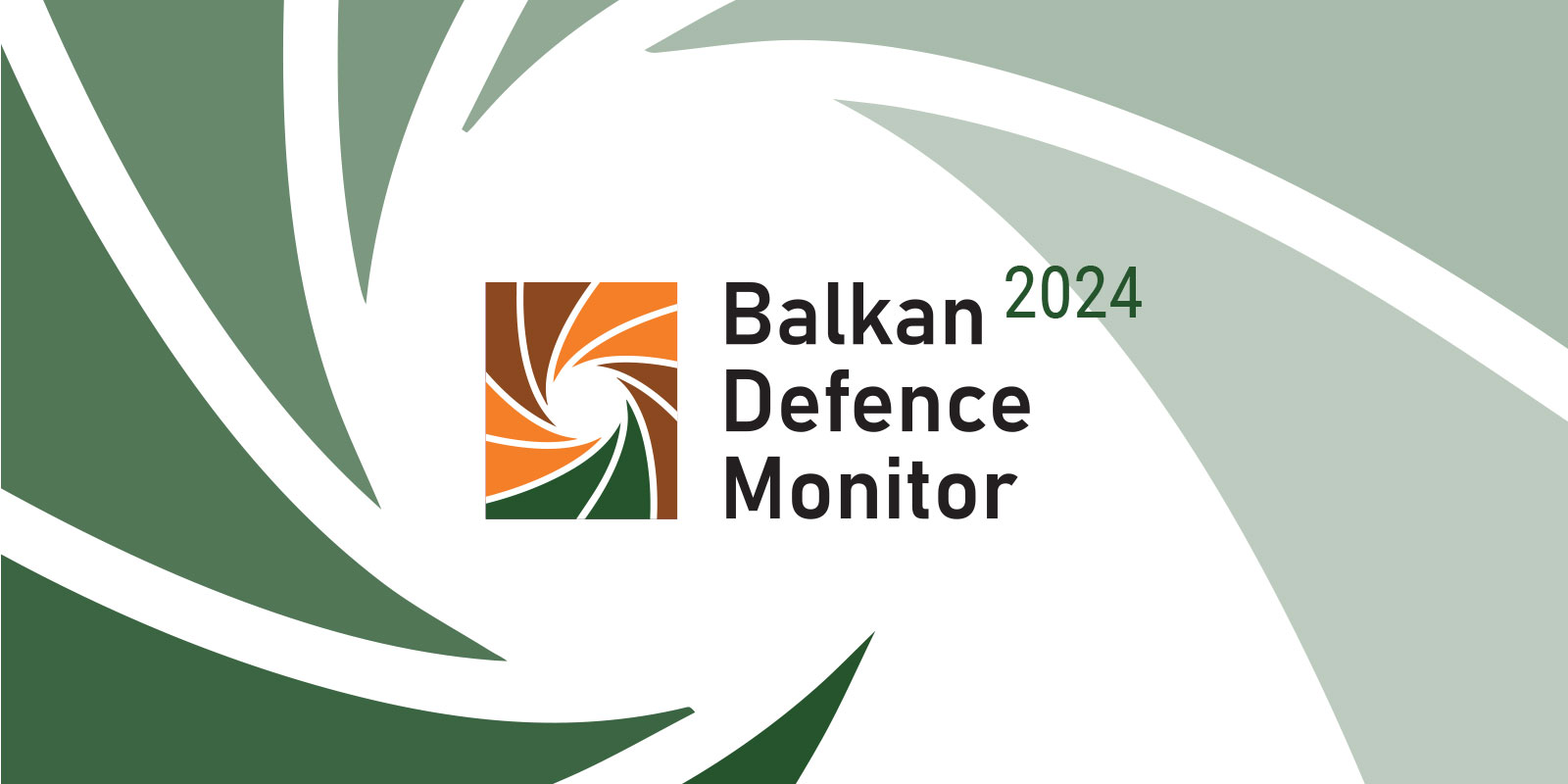PUBLICATION: Analysis
Anatomy of the Failed Private Security Licensing
Before the special Law on Private Security was adopted in November 2013, the private security industry had been operating in a legal vacuum for 20 years. The analysis of the implementation of this Law was conducted by the BCSP Executive Director Predrag Petrovic.
It was expected that, because of this Law, private security companies and their employees would be licensed in a relatively short period of time. This would have provided an opportunity to determine how many private security companies were legally doing business in Serbia and how many employees each company had.
Given the fact that private security employees have to complete specialized training courses and pass an exam in order to obtain a work licence, it was also expected that the professionalization of the industry would take place.
However, out of an estimated total of 300 companies and 50,000 security workers at the time the Law was adopted, the Ministry of Interior (MoI) has issued work licences to only 21 companies and 3,570 security workers during the past three years. This happened despite the fact that the legal licensing deadline was moved from June 6, 2015 to January 1, 2017.
Not only have few companies and their employees been licensed but, more importantly, the quality of training is poor, which puts the professionalization of private security on hold.
In order to gain a direct insight into the licensing process, a BSCP research associate underwent a training for physical and technical security workers. After completing the training, he passed the final exam and obtained the licence.
The researcher’s task was to observe how the training was being carried out, what the curriculum prioritized, who the participants were and how they were behaving during the classes, what their expectations from the training were and how they would rate it, and what bothered them most. The researcher had a similar task when he was taking the final exam.
Participant observation was not the only data collection method used in this analysis. Interviews with other parties involved in the licensing process – security workers and private security managers – were conducted as well.
The analysis answers the following three questions: why have only less than 10% of active companies and employees been licensed over the last three years, how can the poor quality of training be improved, and what solutions are available to decision makers.
DETAILS
AUTHORS
SHARE
PDF PREVIEW
RELATED

Date: 13.06.2024.
Author: Jelena Pejić Nikić | Predrag Petrović |
There are many findings of domestic and foreign research organisations that unequivocally indicate that Serbia is a captured state, with a hybrid political regime. Security institutions play a major role in the capture of the state and the collapse of democracy in Serbia, as well as in preserving the situation the way it is.

Date: 27.02.2024.
Author: Belgrade Centre for Security Policy |
We present you the new Balkan Defence Monitor - independent and comprehensive source of information regarding defence topics in the region.

Date: 25.12.2023.
Author: Belgrade Centre for Security Policy
After the multiple murders that took place on 3 and 4 May 2023, the Government of Serbia adopted a series of measures to improve gun control and increase safety in schools and among youth. The aim of this study is to evaluate the implementation and effectiveness of these measures. The research was based on different sources of data: the state authorities’ official reports, expert literature, media reports, interviews conducted ...



